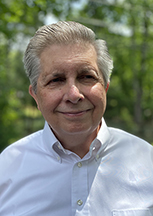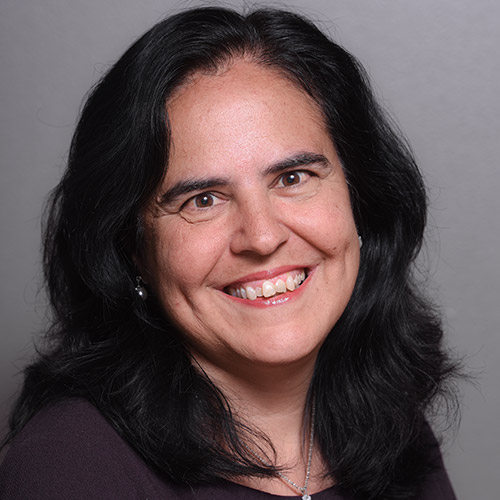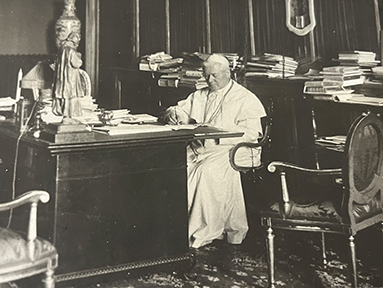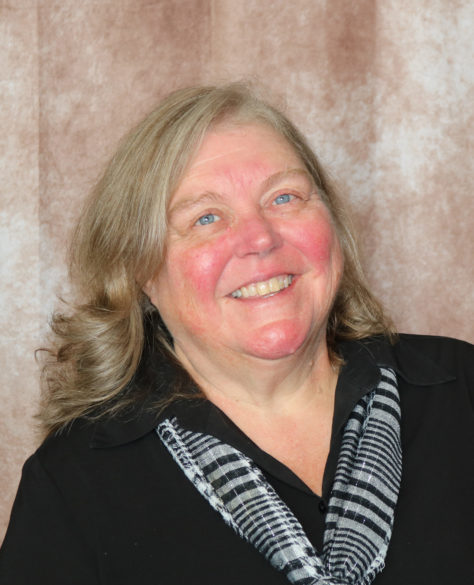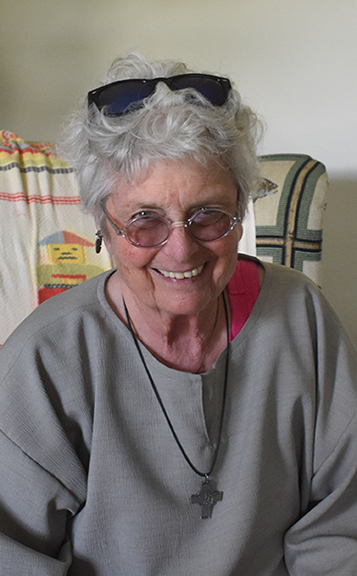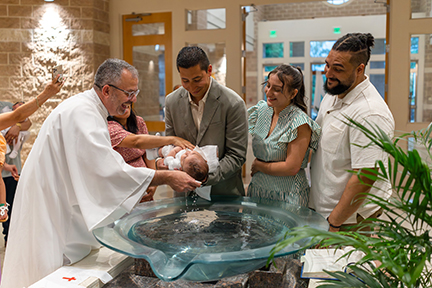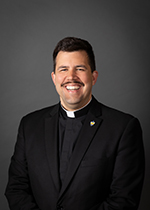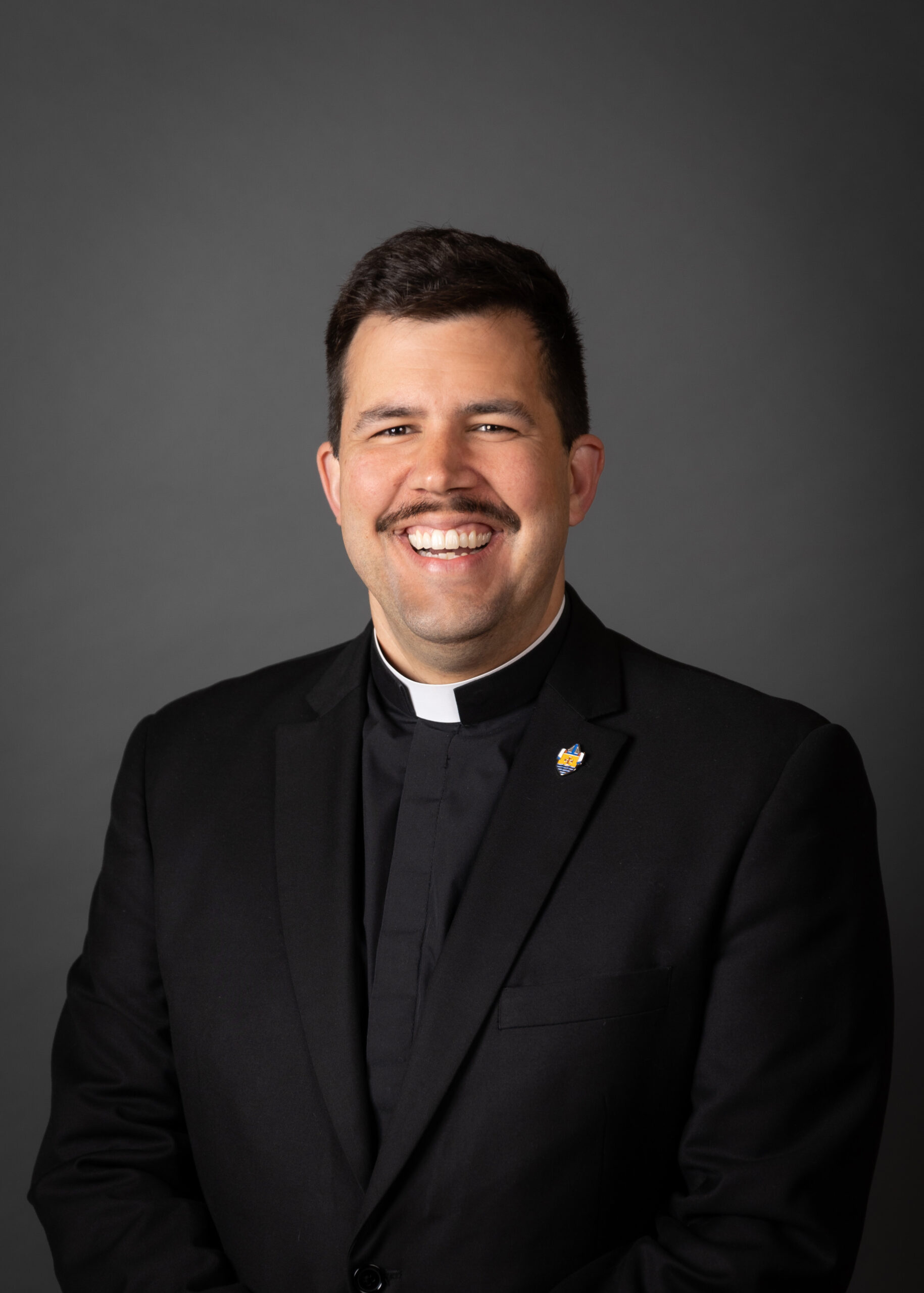
All of our seminarians have begun their summer assignments. It is always exciting to see our guys get to be in parishes and I know how much parishioners from these parishes enjoy getting to know our men. Our seminarians look forward to their summer assignments each year because they get to come out of the classroom and serve the people that they are called to serve!
This year Will Foggo and Francisco Maldonado will have a unique experience as they are assigned together at St. Elizabeth in Clarksdale. You may know that the rectory at St. Elizabeth is quite large, and so I wanted to give those two an opportunity to serve together and I am grateful to Father Raju Macherla for being willing to supervise two men. Grayson Foley is with Father Mark Shoffner in Oxford; Joshua Statham is with Father Rusty Vincent in Vicksburg; and Joe Pearson will be with Father Kent Bowlds in Cleveland after he completes the Institute for Priestly Formation in Omaha, Nebraska in early July. EJ Martin and Wilson Locke are in Mexico for the summer studying Spanish.
Before the summer Father Tristan Stovall and I met with all the pastors who will be serving as supervisors to help them prepare. It is important that our guys are guided through the summer as these assignments really help them discern whether they are called to serve as priests in our diocese. I try to give them varied experiences so they can understand what it will be like if they are called to serve in a suburban parish in the Jackson metro, in a country parish in the Delta, or in a college town.
I also have some exciting information about an upcoming ordination. Will Foggo will be ordained to the transitional diaconate on Saturday, Nov. 29 at 10:30 a.m. at the Cathedral of St. Peter in Jackson. Please save the date and join us! The Egg Bowl, gratefully, is on Friday, Nov. 28, so please enjoy your time over Thanksgiving with your family and watch some good football, then come to pray for Will and support him that Saturday morning. Will’s priestly ordination will be on Saturday, May 16, 2026 at 10:30 a.m. at the Cathedral.
The reason that Will’s ordinations are close together is because the recommendations of the U.S. Bishops recently changed with regard to when men should be ordained to the diaconate. It was suggested that dioceses wait until the candidate is completely done with their academic work so that they can be in the diocese full-time as a deacon. Will’s class was the second class to experience this trial, but after this year we are all reverting back to the old schedule, so he’s getting a unique experience for sure! I am very excited for Will, and I know that he will be a great asset to whichever parishes he gets assigned to.
Thus far we will have three new seminarians joining the fold this August. There are still a couple of applications in process, so I’ll keep you all updated as we go along. Thank you for your prayers and support for our program, they are working! Thanks to all who have given to our Spring Vocations Appeal which is really helping us continue to accompany any young man who is open to a call to the seminary.
Father Nick Adam, vocation director
(For more information on vocations, visit jacksonvocations.com or contact Father Nick at nick.adam@jacksondiocese.org.)


